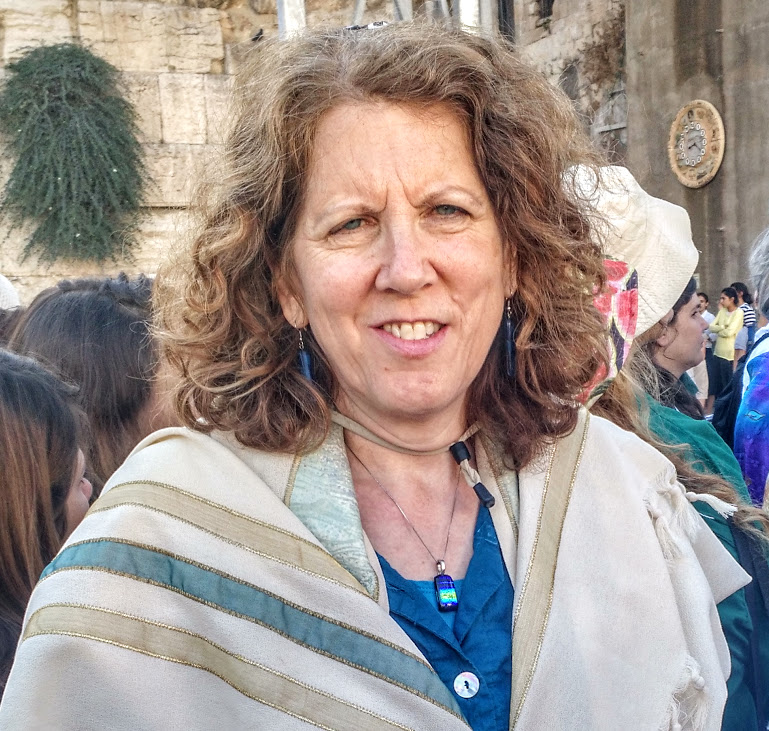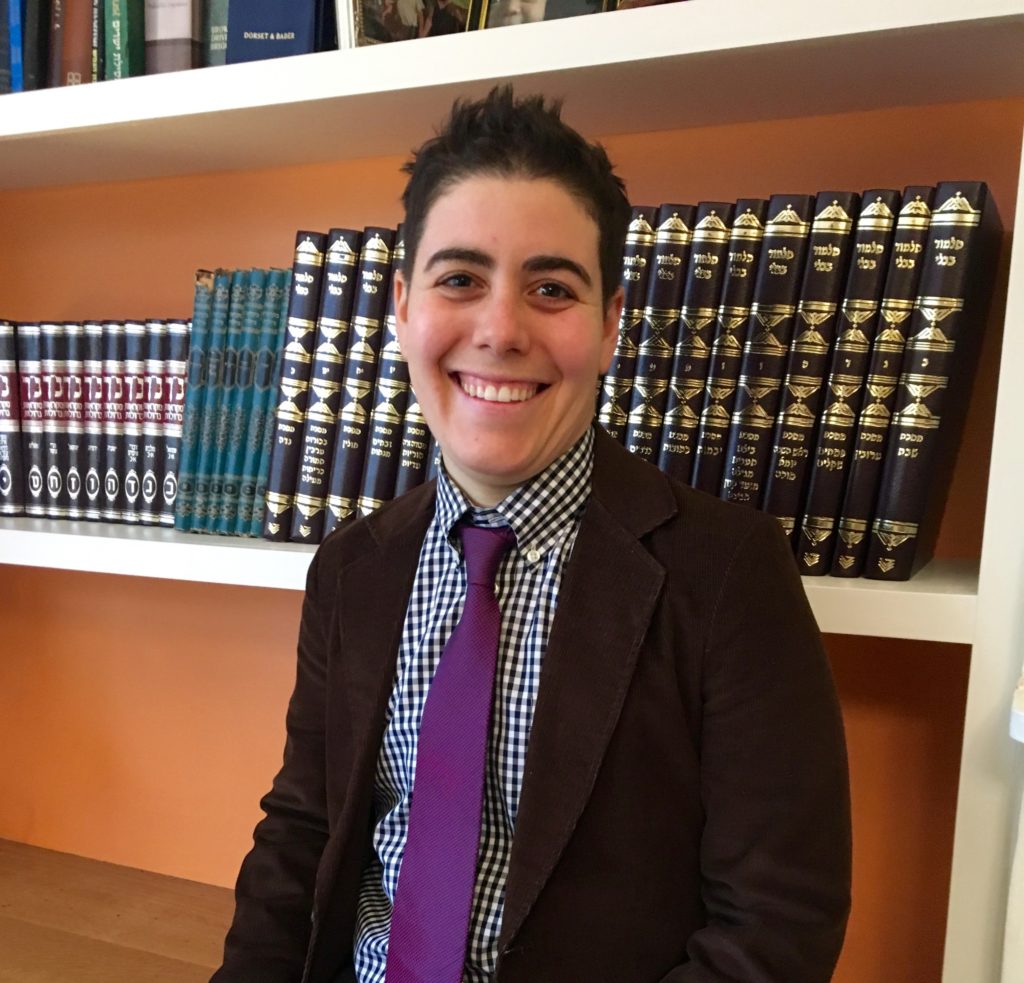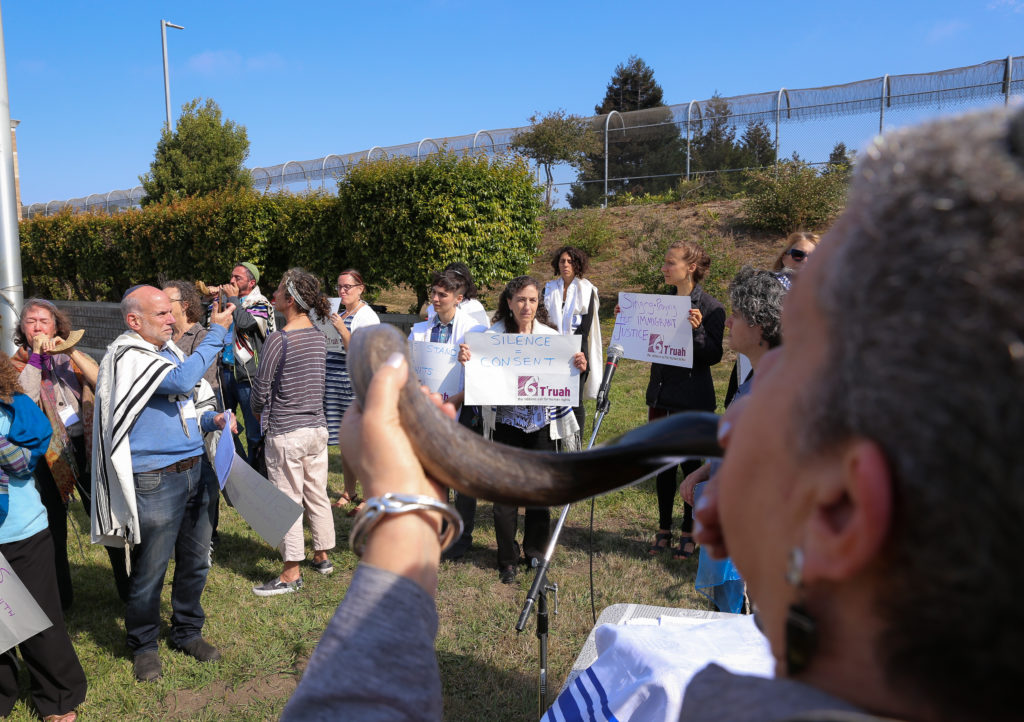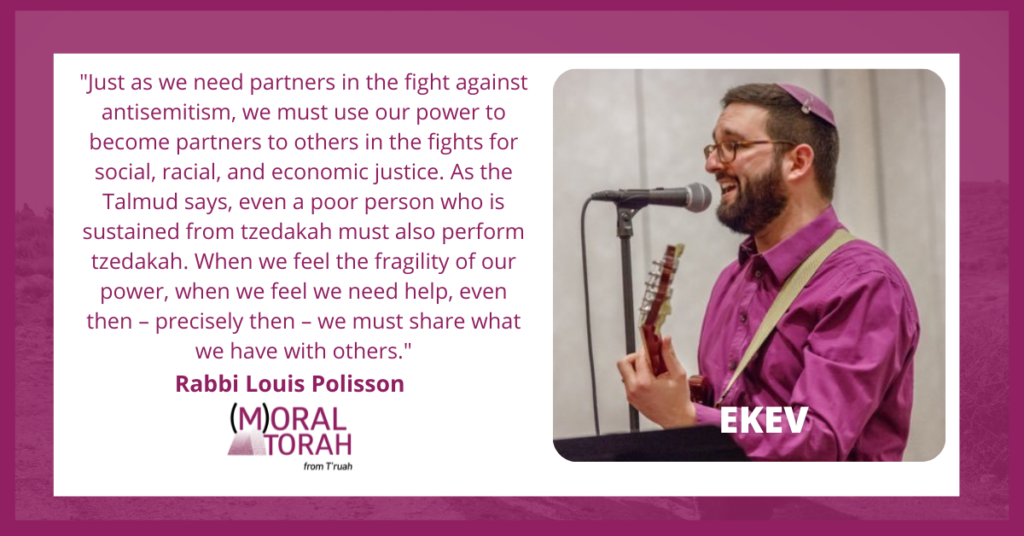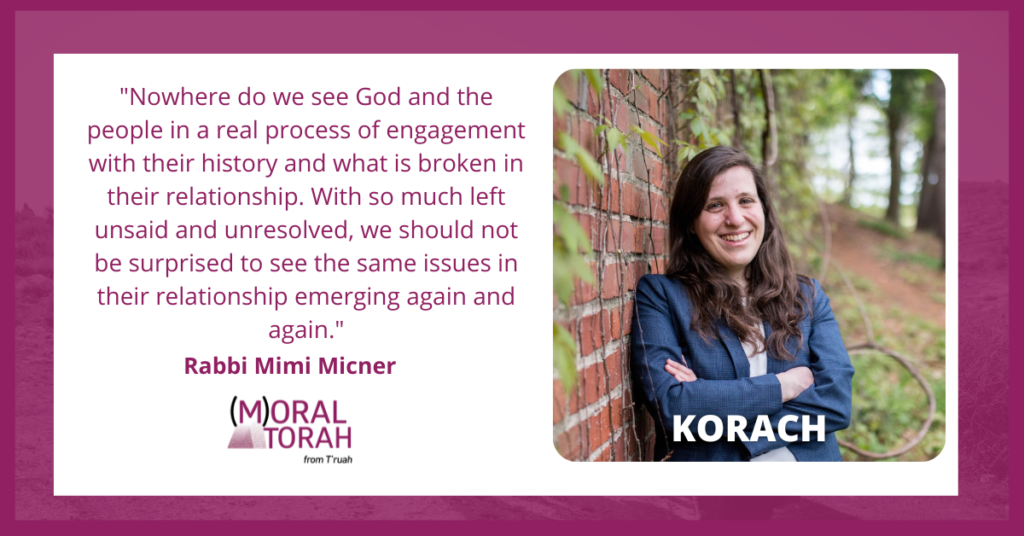
Transformation Will Only Come Through Honesty About Our Past
Nowhere do we see God and the people in a real process of engagement with their history and what is broken in their relationship. With so much left unsaid and unresolved, we should not be surprised to see the same issues in their relationship emerging again and again.
read more



